Feeling Off Isn’t Just in Your Head—It’s in Your Hormones
Have you ever looked in the mirror and thought...
“What happened to me?”
Key Takeaways
Feeling “off” could be a real symptom of low testosterone, not just aging.
Male andropause isn’t talked about enough—but it’s real and it’s common.
Fatigue, weight gain, brain fog, and low libido are all connected to hormonal imbalance.
Your energy, drive, and clarity can come back with the right strategy.
You can start with the Unlock Your Midlife Edge eBook and a Functional Health Assessment.
I’m Tired of Feeling Like a Shell of Who I Used to Be
When did it happen for you?
Was it when your favorite shirt stopped fitting right?
Or when you forgot the thing you just walked into the room for?
Or when your energy dipped so low in the afternoon that you needed both a coffee and a nap?
I hear it from guys all the time:
“I just don’t feel like myself anymore.”
And no—this isn’t about getting old.
It’s about something else. Something fixable.
Let’s Be Real: You’re Not Just “Busy” or “Tired”
This isn’t about grinding harder.
You’ve tried pushing through. That worked when you were 30. But now? Not so much.
Because this isn’t just burnout.
This is hormonal.
Low testosterone affects over 6.5 million men in the U.S. alone—many of them walking around undiagnosed because they think feeling like crap is just “being a man.” [source]
The Symptoms Are Subtle… Until They’re Not
You start feeling “off.”
Then one day, you look in the mirror and don’t recognize the guy staring back.
Let’s break it down:
1. The Identity Crisis
Testosterone shapes your mood, your drive, your “get up and go.”
When levels drop, motivation tanks and irritability shows up uninvited.
Apathy becomes your default—and that scares the hell out of you.
This isn’t in your head. It’s in your bloodwork.
[PubMed: Hypogonadism and Mood Disorders]
2. Energy Wreckage
You’re not lazy—you’re running on empty.
Testosterone regulates how your body uses fuel (aka: food).
Low T messes with your metabolism and muscle mass.
So you’re gaining weight while eating the same.
Studies confirm testosterone affects how we generate and store energy [Healthline].
3. Mental Fog is Real
Struggling to focus?
Feel like your memory is slipping?
Low testosterone impacts neurotransmitters like dopamine and serotonin.
Translation: focus, mood, and memory get foggy fast. [source]
4. Sexual Confidence Crash
Let’s talk about it.
Low libido isn’t “just stress.”
It’s one of the clearest signs of low T.
Reduced interest in sex, fewer morning erections, and performance anxiety aren’t just frustrating—they affect your identity.
And it’s not just in your head. It’s biochemical.
[UCSF: Male Hypogonadism Explained]
5. You’re Not Weak. Your Hormones Are Off.
Testosterone levels drop 1% per year after age 30. [PubMed]
It happens slowly, which is why it’s easy to miss—until everything feels harder:
Work
Parenting
Relationships
Sex
Sleep
You don’t feel like you anymore.
That’s not weakness. That’s physiology.
And there’s a fix.
So… What Can You Actually Do?
You don’t need more coffee.
Or another generic men's health supplement.
You need data.
Step 1: Download the Unlock Your Midlife Edge eBook. It breaks this all down with no fluff—just facts, signs, and action steps.
Step 2: Book a Functional Health Assessment.
We run real labs. We look at your numbers.
No guessing. No hype.
Step 3: Build a long-term strategy.
This isn’t a quick detox. It’s your comeback.
FAQs
Is male andropause real?
Yes. Also known as late-onset hypogonadism, it’s a clinical diagnosis. It affects millions of men—but few get tested.
Can I fix low testosterone without TRT?
It depends on your levels. Many men improve with lifestyle shifts alone. Others need Testosterone Replacement Therapy. You need labs to know.
What if I’ve tried “T-boosters” before?
Most over-the-counter supplements aren’t based on your needs. Without labs, you're guessing.
Is this just for guys over 40?
Nope. Symptoms of low testosterone can hit in your 30s or even late 20s depending on stress, sleep, diet, and genetics.
What’s in the Midlife Edge eBook?
Straight talk on how testosterone affects your body, how to spot the signs, and how to fix it—with natural + clinical solutions.
Real Talk
You don’t need to feel this way.
You don’t need to guess.
You don’t need to accept that life just gets “less sharp.”
You can rebuild your energy, reclaim your mental edge, and feel like yourself again.
All you need is a real strategy—and it starts with this eBook.
And if you're ready to get serious?
Take 60 seconds to book your Functional Health Assessment today.
You’ve got one body. One shot.
Let’s get it right.
Services
Sports Injury & Body Work
Initial Evaluation & Established Treatment
Physical evaluation and Functional Movement Screen to identify limitations and imbalances
Manual Therapies & Muscle Manipulation
Laser Therapy
Muscle Activation Techniques
Corrective Exercise Therapies
Treatment Plan Development
Strength & Conditioning Programs
High performance, sports specific personalized training programs
Physical evaluation and Functional Movement Screen to identify limitations and imbalances
2, 3, 4 Day Custom Training Programs with 4 - 3 week phases
All programs directed toward seasonal training cycle
All programs address (RPA Training Strategy):
Corrective Exercise
Mobility & Flexibility
Speed & Power
Strength
Sport Specific Conditioning
Customized App and online access
Athlete Accelerator System
Signature Functional Sports Nutrition System for high performing athletes
Initial Consultation and Functional Health Assessment
Blood chemistry with Functional Blood Chemistry Analysis
Personalized Sports Nutrition Programming
Personalized Supplement Recommendations
Services
Sports Injury & Body Work
Initial Evaluation & Established Treatment
Physical evaluation and Functional Movement Screen to identify limitations and imbalances
Manual Therapies & Muscle Manipulation
Laser Therapy
Muscle Activation Techniques
Corrective Exercise Therapies
Treatment Plan Development
Training & Conditioning Programs
High performance, sports specific personalized training programs
Physical evaluation and Functional Movement Screen to identify limitations and imbalances
2, 3, 4 Day Custom Training Programs with 4 - 3 week phases
All programs directed toward seasonal training cycle
All programs address (RPA Training Strategy):
Corrective Exercise
Mobility & Flexibility
Speed & Power
Strength
Sport Specific Conditioning
Customized App and online access
BioPerform AcCELLerate System
Signature Functional Medicine System for high performing athletes
Initial Consultation and Functional Health Assessment
Blood chemistry with Functional Blood Chemistry Analysis
Personalized Sports Nutrition Programming
Personalized Supplement Recommendations


